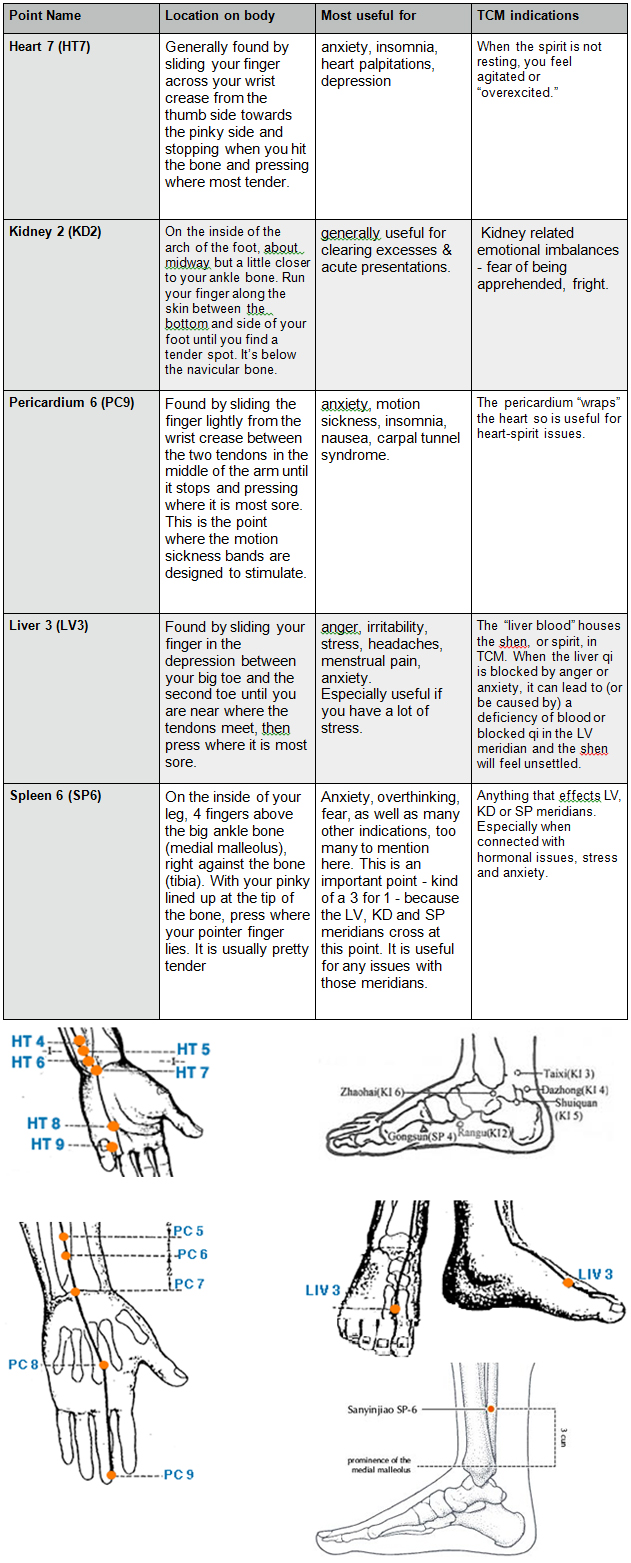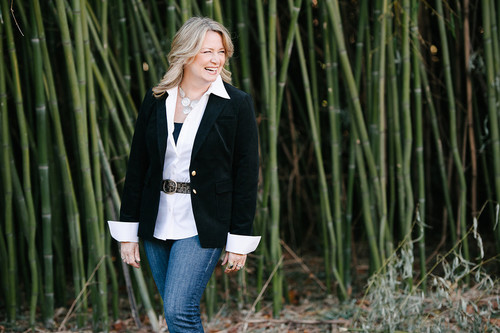We are all connected. A tree does not stand alone. It lives in an inter-dependent community that includes its own roots, the fungus and lichen that live on and near it, the decomposing litter on the forest floor that feeds it.
We live in a web too. We rarely tune into it, but we are connected to each other and everything around us. That means the feelings of one can affect the wellbeing of others. (I will spare you the quantum physics explanation.)
The fear and anxiety circulating these days is understandable, but toxic. What can you do about it? Plenty.
Here are some tips for quelling the fear and embracing your accountability to the planet — because we live in an interdependent world.
Anxiety disorders form the majority of diagnosed mental illnesses. Rather than focusing on the symptoms of the various diagnoses, I want to focus on helping you find balance and the tools to relieve the anxiety or fear you might be experiencing.
Worrying about outcomes, being scared of what might happen—these are normal experiences now and then. Given the state of the world, we are seeing more of it. Wherever it comes from, fear produces chemicals in our bodies that are designed to help us deal with serious threat—to fight or flee. The problem is, we produce the same chemicals even when the threat is imagined, caused by compulsive thinking, or generalized anxiety.
The more we stress out, the more our bodies become habituated to those chemicals. What that means is that it becomes easier and easier for our thoughts to trigger a bodily reaction suitable to a saber-tooth tiger attack. Now the body is flooded with stress chemicals but we have no tiger to fight or run from.
We get so used to being flooded with the chemicals (being anxious) that when they leave, we may feel strange, which triggers the scary thoughts, the chemicals, and the process starts over.
Acupuncture has recognized anxiety for centuries and has a millennia of treatment options for alleviating it. While a diagnosis by a qualified acupuncturist is always ideal, here are some steps and a few acupressure points (there are many more) you can engage to help you bring down the fear and over-thinking. Couple the acupressure with a simple breathing technique, and you will start to retrain your brain, hormones, and mind to respond differently.
Step 1: Acknowledge your fears or anxiety. Pushing them down only makes them bigger.
Step 2: Remember how easily we are affected by others’ fears and vice versa.
Step 3: Talk to yourself: how likely is it that what you are worrying about will come true? Most likely, it is pretty unlikely. (In other words, put it in perspective to calm your over-active mind.)
Step 4: Breathing technique:
Close your eyes and settle comfortably.
Take a few deep breaths and inwardly repeat to yourself: “I am safe in this moment” with each out breath.
Feel your breathing quiet and slow.
Feel your body begin to relax. (This whole process may only take one or two minutes).
Pay attention to the length of your inhalation. Most people inhale (when focusing) to the count of 3 or 4.
Lengthen your exhalation so that it is twice as long as your inhalation, so you exhale to a count of 6, 7 or 8. Doing this just a few times will physiologically slow your heart rate and decrease the hormone release that causes anxiety or stress.
Do that for a few minutes.
Step 5: From the following table, locate several acupuncture points that you feel pertain to your situation and feelings.
Step 6: Press or massage the acupuncture point until you feel a strong sensation. Send your focus into that point, knowing it will begin to strengthen your resolve and the meridian itself. Intend that you will find more balance, simply by doing this.
Step 7: When you feel your fear and anxiety subside more, you may stop.
This whole process can be done as many times as needed. You might find different points more effective at different times. Play around and give yourself the gift of 5-10 minutes of what is essentially retraining your brain and therefore body, to respond differently. Once you know your triggers, and what points work for you, you can cut that time in half and still have results.
Finally, the next time you feel fearful or anxious remind yourself that you are safe in this moment. Don’t allow the old fear pattern in your brain to rewire again — you are creating a different wiring to create a different habit.



